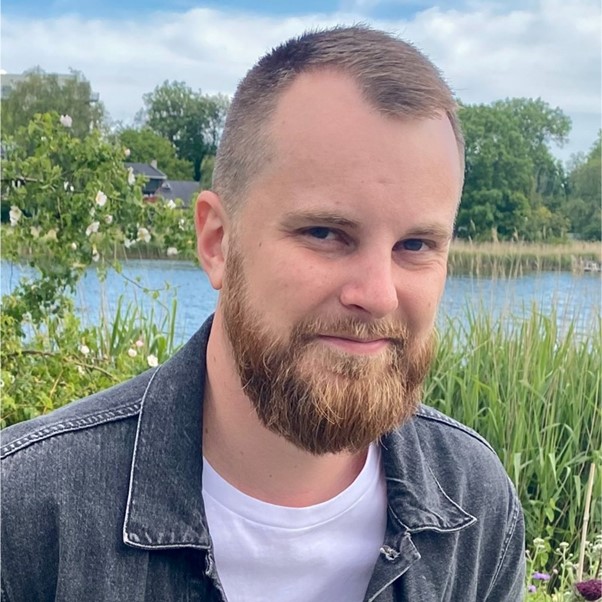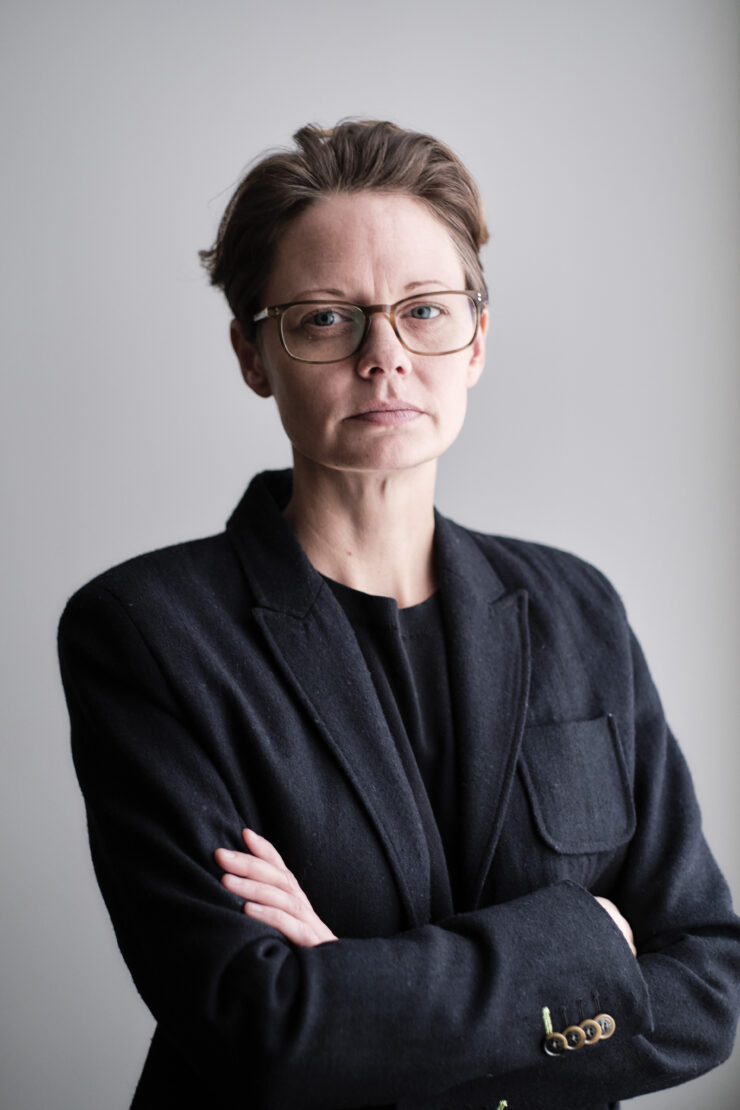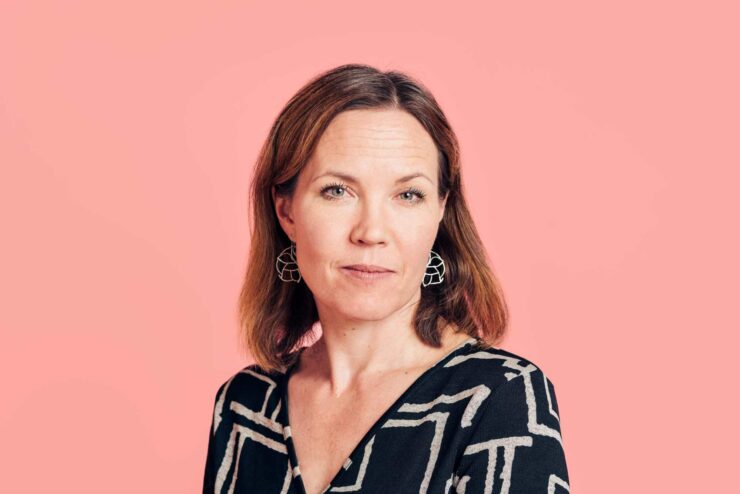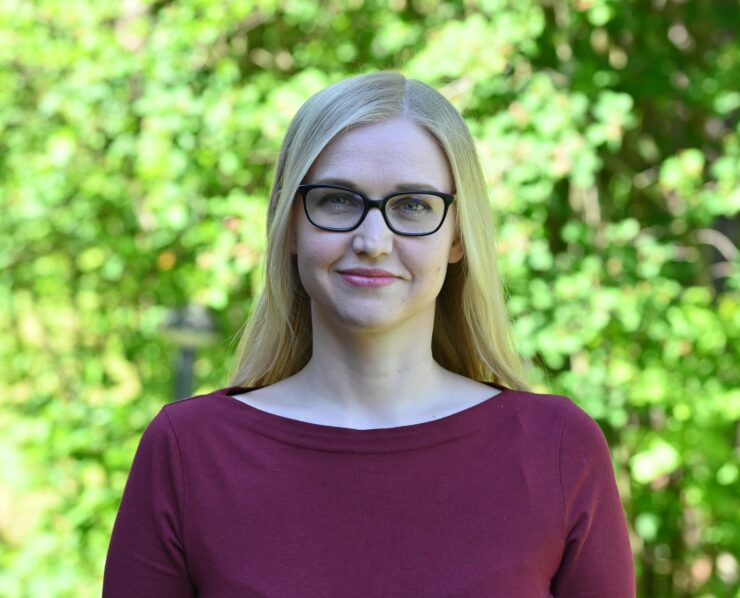The Nordic Research Council for Criminology (NSfK) has awarded funding to support new criminological crime, public attitudes toward crime and punishment in the Nordic countries, restorative justice, prevention of child sexual abuse, and more.
In 2025, NSfK received a total of 23 applications: four for joint Nordic projects, 13 for individual research projects, and six for working groups. At its annual meeting in March 2025, the council selected six research projects and working groups to receive funding.
On behalf of the Council, I warmly congratulate all the researchers who have been awarded grants. We’re excited to see how your projects unfold and look forward to research outcomes that will make a real impact—both in academia and in shaping policy, says Council Chair Rannveig Þórisdóttir.
The Council proudly presents this years projects:
Individual grants

Mapping Drugs Policing: Drug Law Enforcement and Harm Reduction
Tobias Kammersgaard (Denmark)
Drugs are a pervasive feature of routine policing, with studies suggesting that up to two-thirds of all police stops are drug-related. This exploratory study examines how drugs policing unfolds across different contexts, shaped by legislation, guidelines, and officer discretion in domains such as neighbourhood policing, nighttime patrols, and drug investigation units.
Through qualitative interviews, case file analysis, and policy review, the project investigates how officers interpret and prioritise objectives such as enforcement, harm reduction, public safety, order, market disruption, and health intervention. It further explores how these priorities shape the framing of drugs – as public nuisances, health risks, or criminal commodities – each guiding distinct policing responses.
– Congratulations! How does it feel to receive an NSfK grant?
Thank you! It’s a great feeling, and I’m really grateful for the support. Drugs policing is at the core of my research interests, and in previous projects, I’ve explored it through specific case studies. I’m really happy to now have the opportunity to take a broader look at how drugs structure policing across different domains and explore opportunities for harm reduction. Looking forward to getting started!

Police work in security zones: effects on community, legitimacy and crime
Caroline Mellgren (Sweden)
Gang violence and law and order are considered one of the most important issues for Swedish society. One action taken is the establishment of security zones, which can be put in place in a pre-defined area and give the police the authority to stop and search vehicles and individuals without a formal suspicion of criminal activity. The effect of security zones is unknown in both Denmark and Sweden, and there is no other Nordic equivalent, but critics highlight the risk of negative effects on police legitimacy and the risk of racial profiling.
The aim of the project is to evaluate the effect of security zones on area-level crime and the effect of both crime and security zones on the communities. The project also aims to investigate the effects on police legitimacy.
– Congratulations! How does it feel to receive an NSfK grant?
Exited to get the opportunity to get to know more about some of the progressive legislation and police authority that we have seen in Sweden in recent years. This grant gives us the opportunity to conduct fieldwork and study the effects of security zones. It is important for both legislators, the police and the public to gain more knowledge about the effects, positive and negative, of these kinds of interventions.

Criminal Behavior and Violent Victimization among Offspring of Incarcerated parents: A Finnish Total Population Study
Ilona Nissinen (Finnland)
Parental incarceration (PI) is associated with criminal behavior and victimization in offspring. However, prior research has not sufficiently addressed the issue of selection. I analyze Finnish register-based data using within-individual models to examine whether children’s risks of criminal behavior and victimization are particularly elevated during periods of PI, and whether the risks are different for paternal or maternal imprisonment or at different ages. The model takes into account all time-invariant factors that vary between individuals. A study using a robust research design provides more reliable insights into the potential adverse effects of PI on offspring. This is important when assessing the preventive measures appropriate for the at-risk group.
– Congratulations! How does it feel to receive an NSfK grant.
Thank you for the grant! It feels fantastic to receive it! My research on children of incarcerated parents is important to gain a better understanding of the challenges faced by this at-risk group. I’m looking forward to continue working with my thesis, thanks to the funding from NSfK.
Working groups

Nordic Perspectives on Social media and crime
Oscar Waldner (Sweden)
Popular scientific presentation of project:
Social media is a vital part of daily life, connecting us with friends and current events, but it also enables illegal and harmful behaviour. The Nordic countries have made key contributions to research on issues like drug dealing, organized crime, and harassment—yet the field remains fragmented.
This working group will bring together young Nordic researchers in Malmö during the fall of 2025 to bridge our different perspectives. We will present research, exchange feedback, and discuss ethical and methodological challenges in social media criminality studies.
In the short term, participants will contribute to an edited volume or special issue. In the long term, this meeting will help establish a formal network, a resource for researchers seeking collaboration across the Nordic countries.
– Congratulations! How does it feel to receive an NSFK grant?:
Thank you! It feels great. I look forward to the insightful discussions this grant will enable. With its support, we hope to establish a lasting network of Nordic researchers focused on crime on social media.

Youth criminality in the Nordics: Preventive and Reactive Measures – What Works?
Julia Korkman (Finnland)
Coordinated by the European Institute for Crime Prevention and Control (HEUNI), this project brings together experts from the Nordic region and Estonia to discuss youth criminality, focusing on effective preventive and reactive measures to inform criminal policy making. A seminar in Helsinki (Oct 2025) will feature expert presentations and panel discussions and the seminar will be open to the public. In conjunction with the seminar, a round table meeting will be held with the aim of drafting a policy brief outlining evidence-based promising measures for addressing youth criminality, identifying ineffective approaches that should be avoided, and highlighting key open research questions.
– Congratulations! How does it feel to receive an NSfK grant?
Thank you so much! I am thrilled that we at HEUNI, thanks to this grant, are able to invite a group of insightful and interesting researchers and other experts to discuss one of today’s most pressing topics: youth crime. This is one of the many areas where popular debates and media headlines may present a misleading picture of the current situation. The responses proposed by politicians and debaters are often not aligned with what evidence suggests is most appropriate. As researchers, we must communicate our findings as clearly as possible, and this event is one attempt to do just that.

Assessing the effects of the punitive turn in Nordic penal policies – working group meeting for Nordic researchers using administrative data
Karoliina Suonpää (Finnland)
In recent years, Nordic countries have implemented various punitive criminal policy reforms. To find the best ways to analyze the content and consequences of these criminal policy changes and develop novel ideas for comparative work across Nordic countries, we are organizing a working group meeting for Nordic researchers using administrative data. The two-day meeting will take place in Helsinki. The goal of the meeting is to strengthen the collaboration among Nordic researchers and lead to peer-reviewed publications that will benefit both evidence-based policymaking and academic criminology.
– Congratulations! How does it feel to receive an NSfK grant?
We are happy and grateful to receive this grant! The funding enables us to meet and learn from each other, introduce younger generation of researchers to more established scholars, and potentially set the course for future, joint grant applications.

